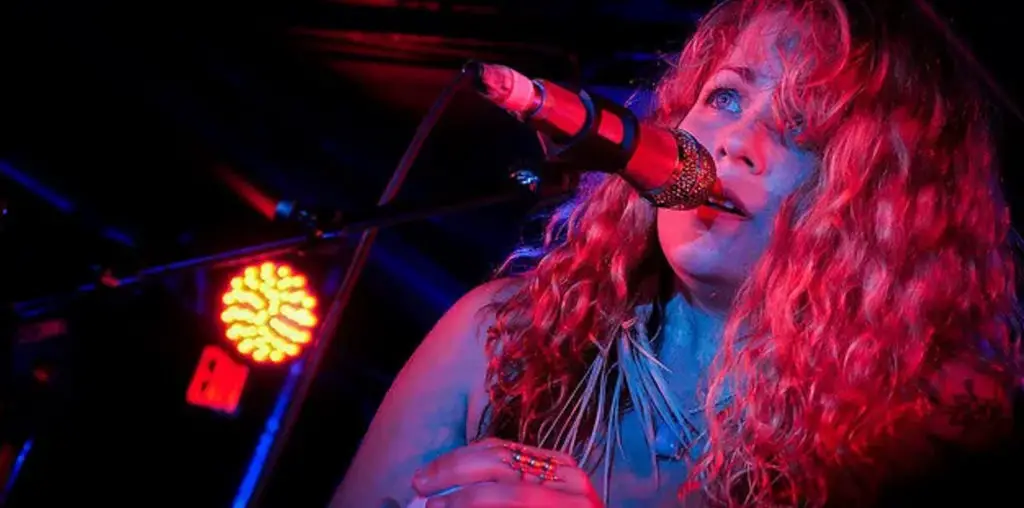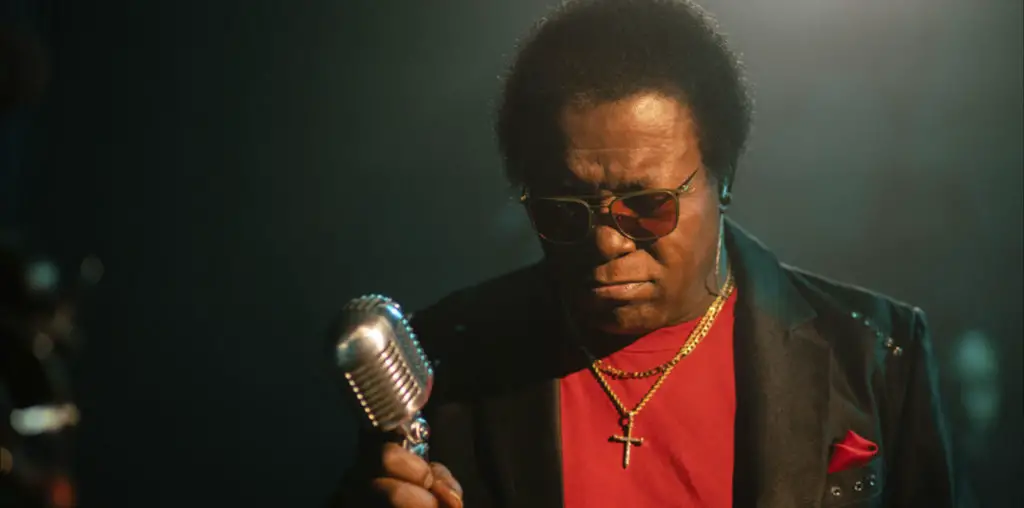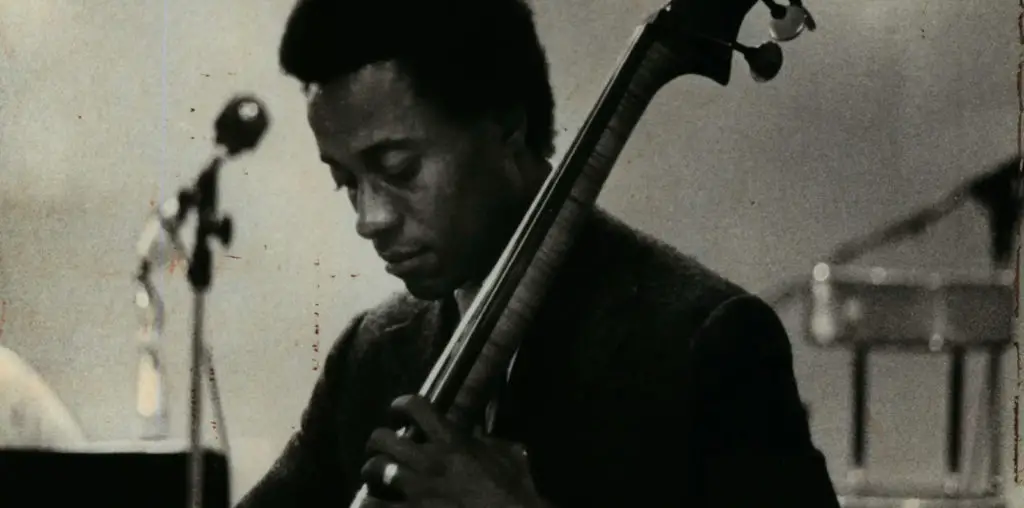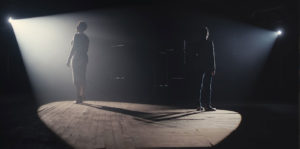
It is baffling to look at where we are now in country music. The best contrast would be comparing David Allen Coe’s stint as the rhinestone cowboy versus the rise of torn denim clad Jelly Roll. The former was following the protocol of 1970s country by providing a flashing, glittery exterior for white nationalist entertainment. The latter hides nothing by coming as he is, with music made for everybody. Rebel Country goes into the politicization of the music, with several politicians from Nixon to Reagan making appearances at the Grand Old Opry to corral support.
The movie goes out of its way to bust up the stereotype of who a country fan is because music has no color. It is pointed out that while Johnny Cash was spiritually conservative, he was socially progressive, a line many walk. Jelly Roll is fantastically eloquent on the topic of politics’ place in country music, which comes down to f**k politics and the politicians that seek to divide us for their own purposes. Frank Ray has strong feelings about politicians who seek to demonize migrant workers. His background adds controversy to his position because before becoming a singer, he was a police officer for a decade in New Mexico.
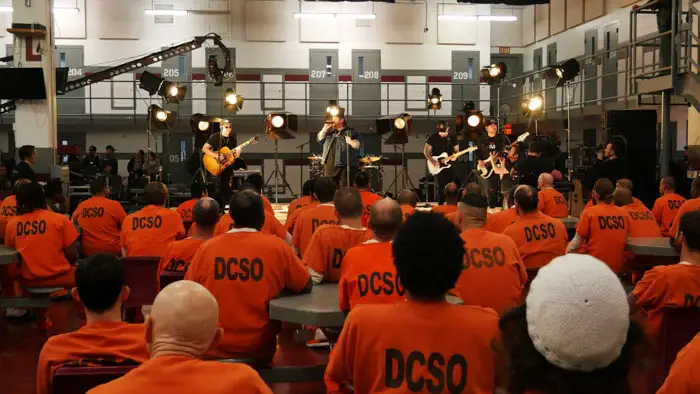
“…can be relished by friends and strangers to country music.”
Whately has created a film that can be relished by friends and strangers to country music. It is remarkable how well the information is dealt out, like cards in a high-stakes poker game. Even viewers who haven’t an inkling about country are instantly brought up to date due to clever insertions of historical events to guide the footage. The dichotomy of the Nashville establishment versus the outlaws is made clear, particularly the part where whatever is developed in the outlaw arena is always eventually absorbed by the establishment.
An invaluable resource throughout is the frequent commentary by Marcus K. Dowling, the country music reporter for The Tennessean. Dowling’s insights into the genre and his rich knowledge of its history help frame the importance of the current revolution that is happening. That such an honky tonk expert is also African-American is another indication that country music is not as black and white as you may think. A lot of what is happening in country is based on the collapse of the previous distribution model. “Old Town Road” was kept off country radio, but fans got around that by streaming the hell out of it. Rebel Country seems to signal a period where the face of country music will be determined by the fans instead of the industry. If that face has prison tattoos all over it, then so be it.

"…goes out of its way to bust up the stereotype of who a country fan is..."
